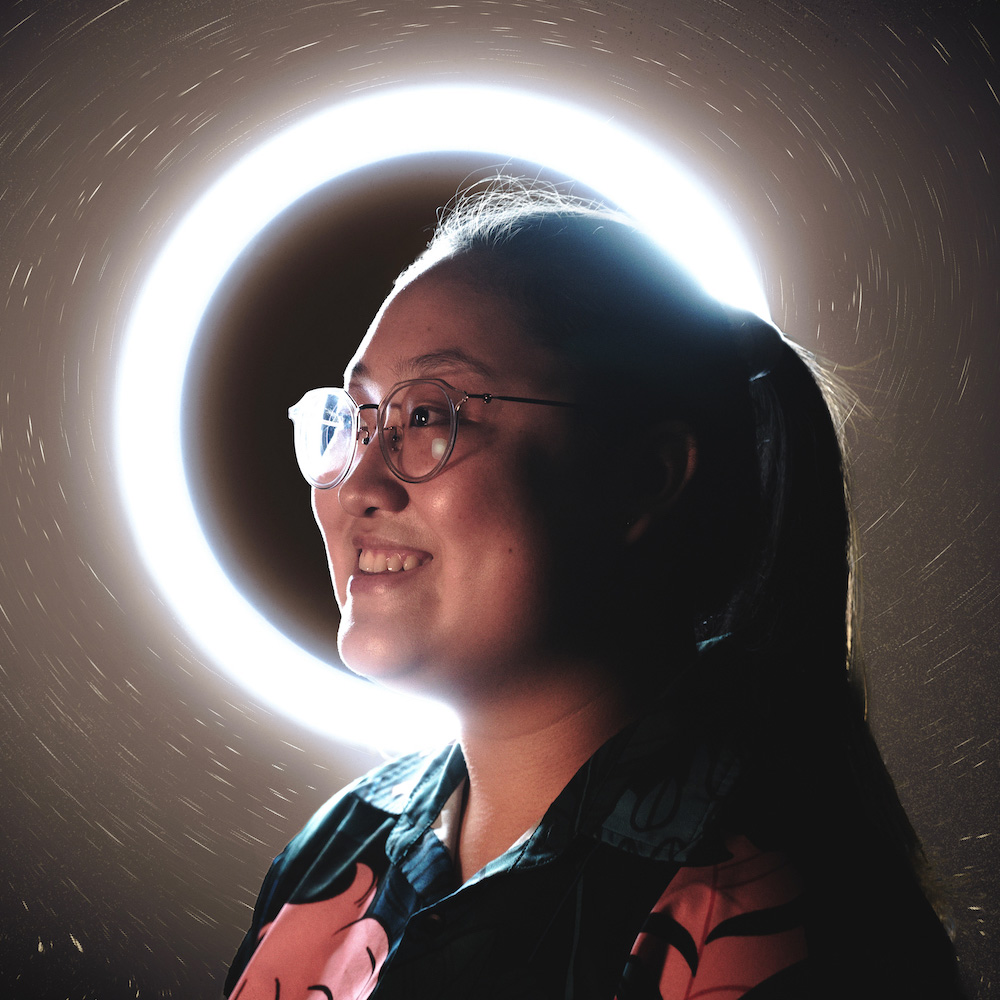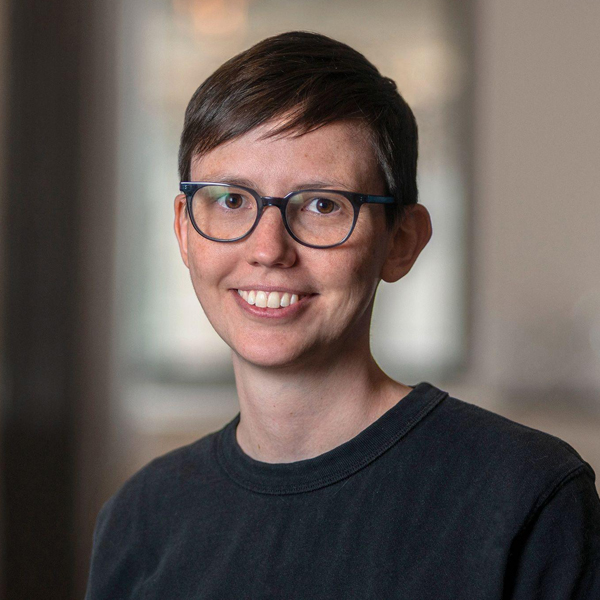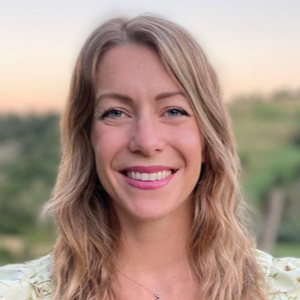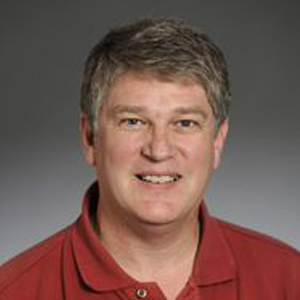2024 McWilliams Seed Grant Recipients
✦ Raphaël Errani, Sofia Splawska, Matthew Walker
Gravity in the Local Group
The wealth and quality of multi-dimensional data promised by upcoming wide-field surveys demand advanced strategies of analysis to use their underlying constraining power to full extent. We are proposing a dynamics-heavy four-day meeting to scrutinize the numerical and analytical tools which are required to gain insight into the nature of gravity and dark matter in the local universe. We aim to develop a diverse program of talks, bridging observational constraints and numerical challenges, reflecting the most timely advances in the field of galactic dynamics. Carnegie Mellon University, with its deep-rooted tradition in computational methods and their application to the physical universe, constitutes an exceptional environment to foster the discussions that will guide the future of computational astrophysics in this field.
✦ Gina Chen
Write Together Fridays
Writing is a huge part of the research process: proposals to get the funding research requires, papers to discuss and explain results, and applications for jobs, postdocs, or summer programs are just a few examples of writing that members of the McWilliams center will need to do this academic year. However, while the McWilliams Center provides many opportunities to discuss new science and research methods, we currently have no programs or activities geared toward writing.
Write Together Friday is an event that begins to remedy this. Write Together Friday is a space for members of the McWilliams Center to focus only on writing. It differs from a typical study hall or coworking session in that it is a regular writing-focused event where attendees are encouraged to set goals when they arrive, check in with other attendees to ensure that they are making progress, and ask each other to proof-read their writing. Having this event emphasizes that writing is a part of the research process, and encourages people to block out time for it. This will be especially helpful for early career researchers who may not yet have learned how to incorporate writing into their daily or weekly time-management system. It will also be helpful for professors who wish to take a step back from the many tasks they are responsible for and focus just on writing for a few hours per week. This will also provide a space for the McWilliams Center members to interact and get to know each other, increasing communication between groups and offces.
 ✦ Katelyn Breivik
✦ Katelyn Breivik
The McWilliams Visitors Program
Following on the successful implementation of the McWilliams Visitors Program in 2023-2024, we propose for funds to continue a this program which allows McWilliams Center members to either visit an external institution or host a visitor from an external institution for a maximum of two weeks. The primary goal of this program is to ignite and/or fuel research collaborations for early career researchers whose networks have suffered due to the global pandemic by providing a venue for extended collaboration.
✦ Antonella Palmese
Essential Cosmology for the Next Generation 2024
The McWilliams Center for Cosmology and Astrophysics/CMU has been invited to join the Instituto Avanzado de Cosmologia (IAC) of Mexico the organization of the ninth edition of the “Essential Cosmology for the Next Generation” winter school to take place in December 2024 in Mexico. Essential Cosmology for the Next Generation is a well-known and unique event blending a winter school with a research conference, featuring review talks, “hot topic” presentations, as well as contributed and poster sessions. Over four days, participants benefit from lectures on trending topics in cosmology delivered by renowned scholars, plenary talks by leading researchers, and presentations from many early career scientists. The mixture of lectures and talks in cosmology and astrophysics is aimed at training graduate students and junior postdocs on various hot topics in modern cosmology. This grant will support organizational expenses (CMU contribution to overall shared costs), travel for McWilliams Center members to the conference, and will provide some travel support also to external students who cannot be fully supported by grants.
 ✦ Jeff Peterson
✦ Jeff Peterson
Cosmology Observations and Data Analysis
We will observe with the High-Z 21-cm all-sky spectrometer at Lunar Dry Lake in Nevada. The instrument is designed to detect the turn-on of the first stars. If successful, we will look back five times closer to the start of the Big Bang than is possible with the James Webb Space Telescope. If we detect a global spectral feature, and other groups confirm that detection, that discovery will launch a decades-long effort to create 3-D intensity maps of the Cosmic Dawn era. The instrument has been extensively modified with the incorporation of a swept local oscillator. This will allow, for the first time, a deep examination of the systematics of the instrument response. However, the new system requires a new analysis technique using Principle Component Analysis of large matrices, which we will carry out at PSC.
